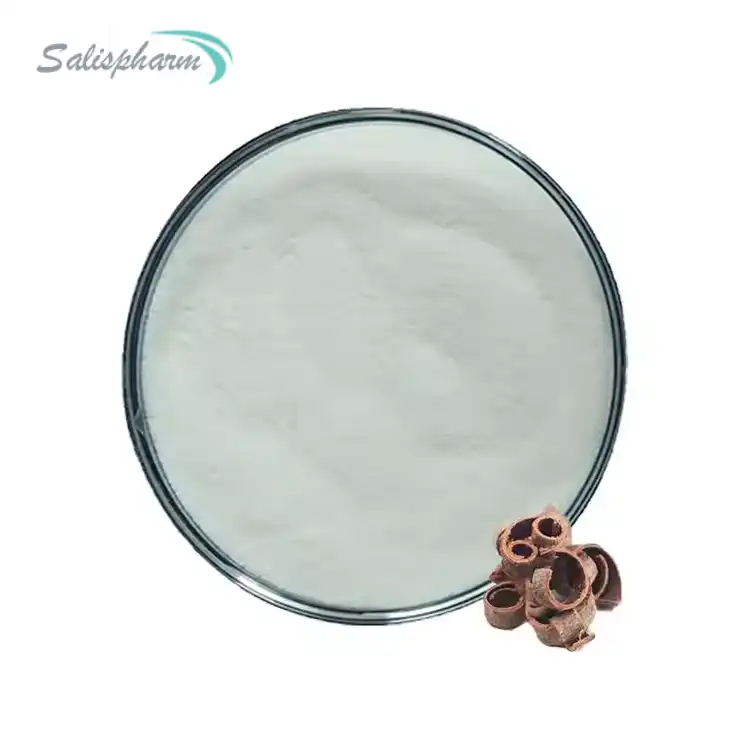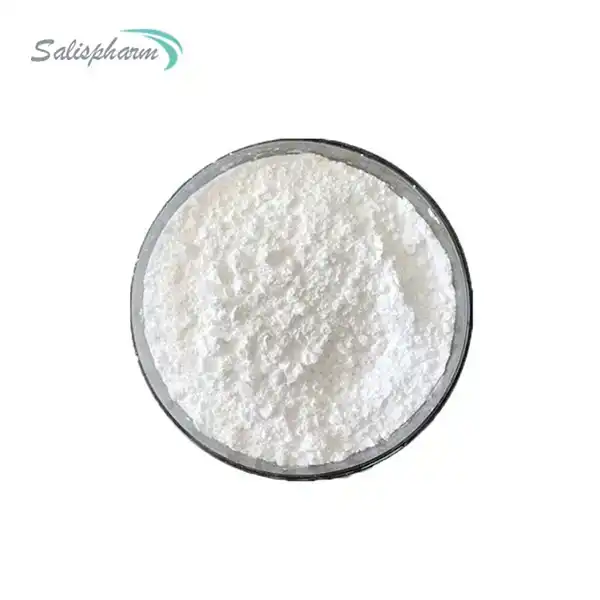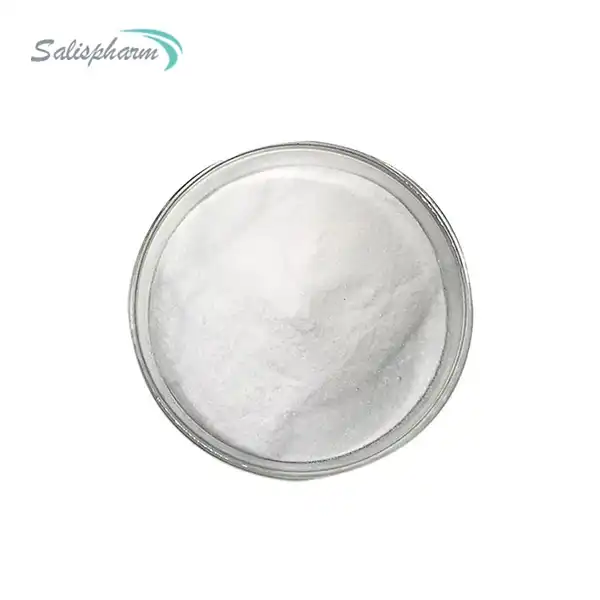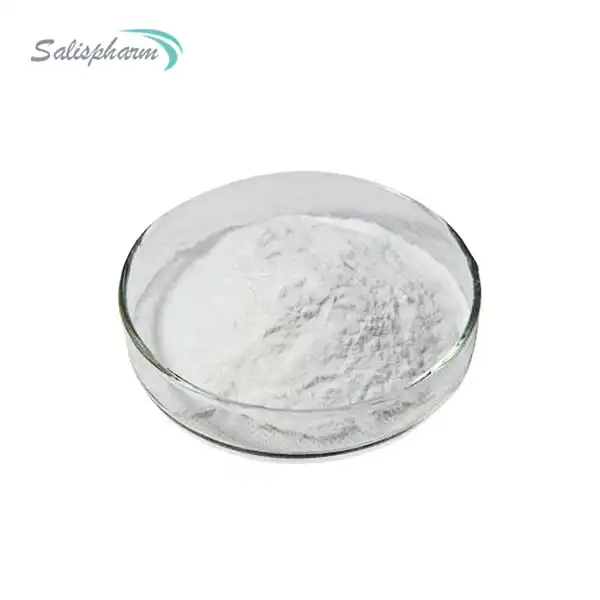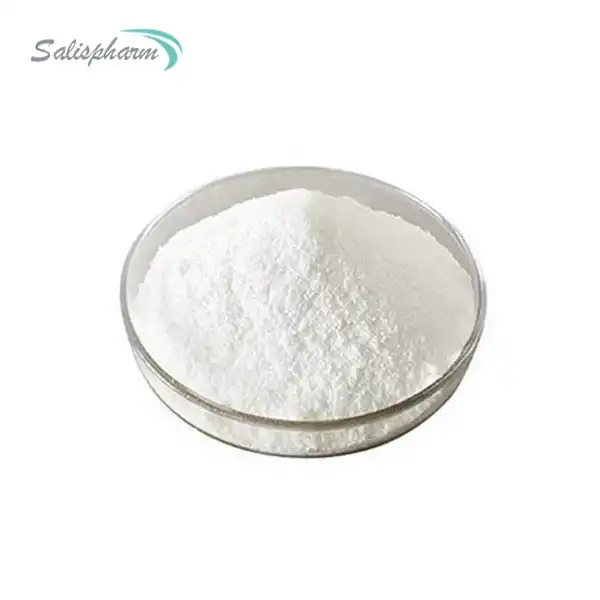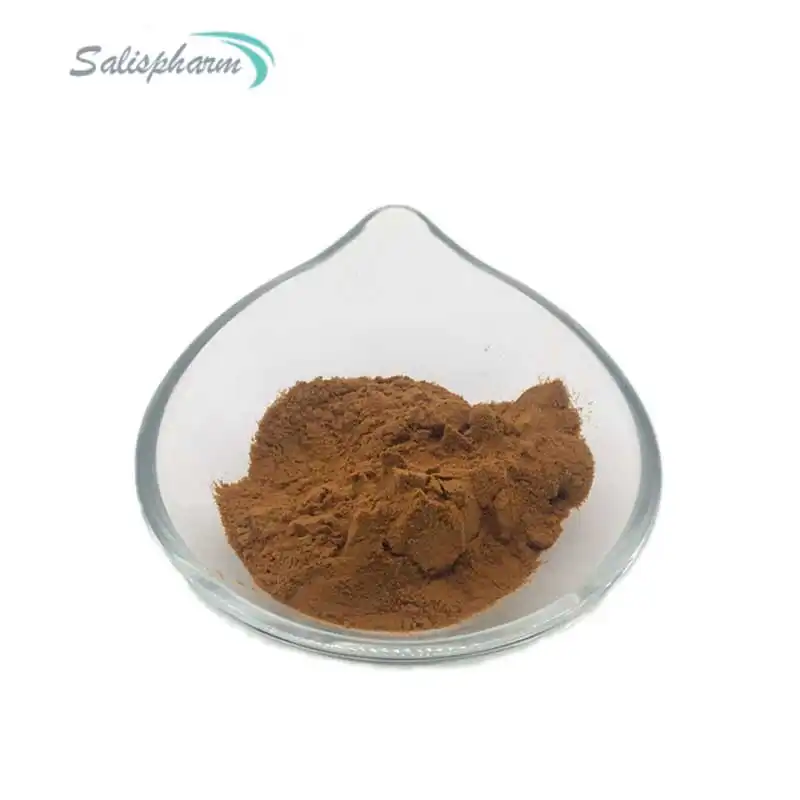Guaifenesin powder is a common over-the-counter expectorant used to relieve chest congestion and coughs associated with colds, flu, and other respiratory infections. While generally considered safe for most people when used as directed, there are certain groups who should exercise caution or avoid using guaifenesin powder altogether. This blog post will explore the contraindications and precautions associated with guaifenesin powder use, helping you make an informed decision about its suitability for your health needs.
Can pregnant women safely use guaifenesin powder?
Pregnancy is a time of heightened caution when it comes to medication use, and guaifenesin powder is no exception. The safety of guaifenesin during pregnancy has not been conclusively established, leading healthcare professionals to advise a cautious approach. While some studies suggest that guaifenesin use during pregnancy does not significantly increase the risk of birth defects, the available data is limited, and potential risks cannot be entirely ruled out.
The primary concern regarding guaifenesin use during pregnancy is its potential to cross the placental barrier and affect fetal development. Animal studies have shown mixed results, with some indicating possible adverse effects on fetal development at high doses. However, it's important to note that animal studies do not always directly translate to human outcomes.
The Food and Drug Administration (FDA) classifies guaifenesin as a Pregnancy Category C drug, which means that risk cannot be ruled out. This classification is given when animal reproduction studies have shown an adverse effect on the fetus, and there are no adequate and well-controlled studies in humans, but potential benefits may warrant use of the drug in pregnant women despite potential risks.
Given these considerations, pregnant women are generally advised to consult their healthcare provider before using guaifenesin powder. In many cases, healthcare professionals may recommend alternative, non-pharmacological methods to manage cough and congestion during pregnancy, such as staying hydrated, using a humidifier, or trying saline nasal sprays.
It's worth noting that the risks and benefits of guaifenesin use may vary depending on the stage of pregnancy and the severity of the woman's symptoms. In some cases, the potential benefits of symptom relief may outweigh the theoretical risks, especially if the cough or congestion is severe and interfering with sleep or daily activities.
If a pregnant woman does use guaifenesin powder, it's crucial to adhere strictly to the recommended dosage and duration of use. Overuse or prolonged use of any medication during pregnancy can increase the risk of adverse effects. Additionally, it's important to be aware that many over-the-counter cough and cold products contain multiple active ingredients, so pregnant women should carefully read labels to ensure they're not inadvertently taking other medications that may pose risks during pregnancy.
Is guaifenesin powder safe for people with kidney problems?
Individuals with kidney problems need to be particularly cautious when considering the use of guaifenesin powder. The kidneys play a crucial role in filtering and eliminating medications from the body, and impaired kidney function can affect how the body processes and clears guaifenesin.
Guaifenesin is primarily metabolized in the liver and excreted by the kidneys. In people with normal kidney function, about 60-70% of an oral dose of guaifenesin is excreted in the urine within 24 hours. However, in individuals with impaired kidney function, this process can be significantly slowed, potentially leading to accumulation of the drug in the body.
The accumulation of guaifenesin in the system can increase the risk of side effects and potentially exacerbate existing kidney issues. Common side effects of guaifenesin, such as nausea, vomiting, and dizziness, may be more pronounced or prolonged in individuals with kidney problems. Additionally, there's a theoretical risk that guaifenesin could further stress already compromised kidneys.
The severity of kidney impairment is an important factor to consider. Individuals with mild kidney dysfunction may be able to use guaifenesin powder with caution and under medical supervision. However, those with moderate to severe kidney disease, including those on dialysis, should generally avoid guaifenesin unless specifically advised by their healthcare provider.
It's also worth noting that kidney problems often coexist with other health conditions, such as diabetes or hypertension. These comorbidities can further complicate the use of medications like guaifenesin and may increase the risk of drug interactions or adverse effects.
For individuals with kidney problems who are seeking relief from cough and congestion, alternative treatments may be more appropriate. These could include staying well-hydrated, using steam inhalation, or trying other over-the-counter medications that are less dependent on kidney clearance for elimination from the body.
If a person with kidney problems does use guaifenesin powder, it should be under close medical supervision. Their healthcare provider may recommend a lower dose or less frequent dosing to account for the reduced kidney function. Regular monitoring of kidney function and watching for signs of drug accumulation or adverse effects is crucial.
How does guaifenesin powder interact with other medications?
Understanding drug interactions is crucial for safe and effective medication use, and guaifenesin powder is no exception. While guaifenesin is generally considered to have a low potential for drug interactions, there are still some important considerations to keep in mind.
One of the primary concerns with guaifenesin interactions relates to its mechanism of action. As an expectorant, guaifenesin works by increasing respiratory tract fluid secretions, which helps to thin mucus and make coughs more productive. This action could potentially interact with or influence the effects of other medications that affect respiratory function or mucus production.
For instance, guaifenesin may enhance the effects of other expectorants or mucolytics. While this isn't necessarily harmful, it could lead to excessive thinning of mucus, potentially causing discomfort or excessive coughing. On the other hand, guaifenesin might counteract the effects of cough suppressants (antitussives) to some degree, as it promotes coughing to clear mucus while antitussives aim to reduce coughing.
Another important consideration is the potential for guaifenesin to affect the absorption or elimination of other drugs. While significant pharmacokinetic interactions are not commonly reported with guaifenesin, it's theoretically possible that its effects on mucus could alter the absorption of other orally administered medications in the gastrointestinal tract.
Guaifenesin is often combined with other active ingredients in over-the-counter cough and cold products. These combination products can increase the risk of drug interactions or side effects. For example, products containing both guaifenesin and pseudoephedrine (a decongestant) could potentially interact with medications used to treat high blood pressure or certain antidepressants.
It's also worth noting that guaifenesin can cause false positives on certain diagnostic tests, particularly those for 5-hydroxyindoleacetic acid (5-HIAA) used in the diagnosis of carcinoid tumors. This isn't a direct drug interaction, but it's an important consideration for individuals undergoing such tests.
Individuals taking medications for chronic conditions should be particularly cautious when adding guaifenesin to their regimen. This includes people taking blood thinners, diabetes medications, or drugs for heart conditions. While direct interactions with these medications are not common, the potential for subtle effects or increased side effects cannot be ruled out.
For people taking multiple medications, it's always advisable to consult with a healthcare provider or pharmacist before adding guaifenesin powder to their regimen. These professionals can review the complete medication list and provide personalized advice on potential interactions and how to manage them.
In conclusion, while guaifenesin powder is generally considered safe and effective for relieving chest congestion and coughs, certain groups should exercise caution or avoid its use altogether. Pregnant women should consult their healthcare providers before using guaifenesin, weighing the potential risks against the benefits of symptom relief. Individuals with kidney problems, especially those with moderate to severe kidney disease, should be particularly cautious and seek medical advice before using guaifenesin powder. Finally, while guaifenesin has a relatively low potential for drug interactions, it's important to consider its effects in the context of other medications, particularly those affecting respiratory function or mucus production. As with any medication, it's always best to consult with a healthcare professional to ensure safe and effective use of guaifenesin powder.
If you are also interested in this product and want to know more product details, or want to know about other related products, please feel free to contact iceyqiang@aliyun.com.
References:
1. Briggs, G. G., Freeman, R. K., & Yaffe, S. J. (2017). Drugs in pregnancy and lactation: a reference guide to fetal and neonatal risk. Lippincott Williams & Wilkins.
2. Patel, A., & Bahna, S. L. (2016). Immediate hypersensitivity reactions to methylxanthines: systematic review. Clinical & Experimental Allergy, 46(6), 808-814.
3. Dicpinigaitis, P. V. (2019). Clinical perspective-cough: an unmet need. Current opinion in pharmacology, 46, 65-70.
4. Smith, S. M., Schroeder, K., & Fahey, T. (2014). Over‐the‐counter (OTC) medications for acute cough in children and adults in community settings. Cochrane Database of Systematic Reviews, (11).
5. Albrecht, H. H., Dicpinigaitis, P. V., & Guenin, E. P. (2017). Role of guaifenesin in the management of chronic bronchitis and upper respiratory tract infections. Multidisciplinary respiratory medicine, 12(1), 31.
6. Seef, E., Joshi, G. P., Frame, D. G., & Kurz, A. (2018). Medication use in the perioperative period: current concepts. Best Practice & Research Clinical Anaesthesiology, 32(3-4), 401-414.
7. Yakoot, M. (2013). Bridging the gap between alternative medicine and evidence-based medicine. Journal of pharmacology & pharmacotherapeutics, 4(2), 83.
8. Rubin, B. K. (2018). Mucolytics, expectorants, and mucokinetic medications. Respiratory care, 63(4), 499-510.
9. Foden, N., Burgess, C., Shepherd, K., & Almeyda, R. (2013). A guide to the management of acute rhinosinusitis in primary care. Clinical Otolaryngology, 38(6), 541-544.
10. Morice, A. H., Millqvist, E., Bieksiene, K., Birring, S. S., Dicpinigaitis, P., Ribas, C. D., ... & Kantar, A. (2020). ERS guidelines on the diagnosis and treatment of chronic cough in adults and children. European Respiratory Journal, 55(1).



